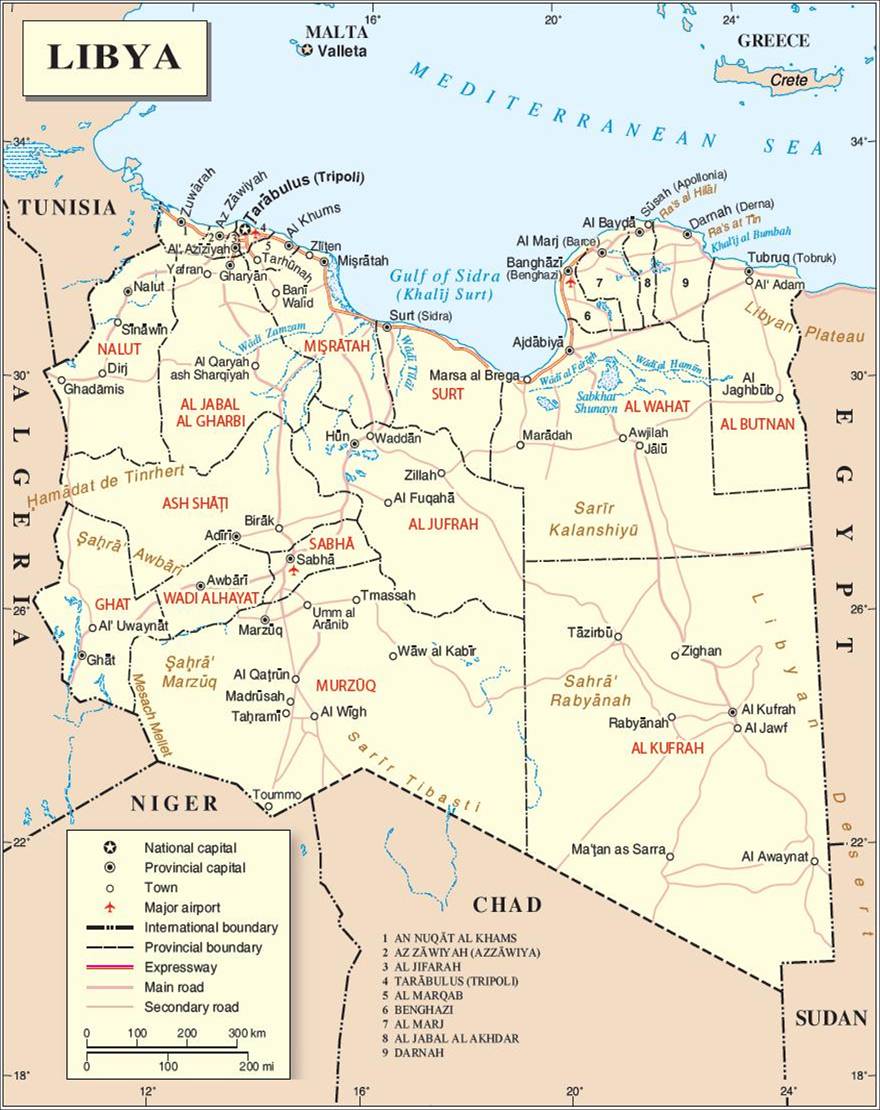By Gary Sandiford, Olive Group’s Dubai based assessments manager. Olive Group is a leading provider of security and technology solutions and has been operating in Libya since mid 2011.
Overview
The last seven days have seen the majority of reported activity focused on the Benghazi area, including assassination attacks against former regime members, attacks against the Benghazi Court of Appeals and the convoy of a senior army officer and the discovery of two large bombs in the city. No serious incidents were reported within Tripoli or the al-Kufra area in the southeast of the country.
In late July the National Transitional Council (NTC) stated that the newly elected assembly would assume power on or around 8 August, marked by an official handover ceremony. While Mahmud Jibril’s National Forces Alliance (NFA) has the majority of the seats allocated to the official political parties, the NFA and the second placed political bloc under the Justice and Construction Party continue to court political alliances with the numerous independently elected members. While Jibril will lead the dominant bloc in the new assembly, it remains unclear if he will garner the required two thirds majority to avoid the potential for political gridlock.
Political
On 29 July, Othman Ben Sassi of the NTC stated that the new General National Congress (GNC) would assume power on 8 August. Ben Sassi also said that the handover would be marked by a ceremony and that the 200-seat congress would formally start working a day or two later, when all the members meet for their first session. In a separate report, an official from Libya’s electoral commission said details of the transition were still being finalised but that the congress's first meeting was expected around 9 August. The electoral commission is also expected to confirm the final official results of the 7 July polls in the next few days, marking the closure of a two-week appeal period.
They 200-member GNC is split between 80 seats allocated to political parties and 120 seats allocated to independent representatives. The 7 July elections saw Mahmud Jibril’s NFA gain the largest number of political party votes with 39 out of the 80 seats allocated. The Justice and Construction Party, which was launched by Libya's Muslim Brotherhood, came second with 17 seats. Jibril can likely count on the support of many of the smaller political parties, but the 120 independent seats remain key with both Jibril's alliance and the Islamist bloc courting their support.





